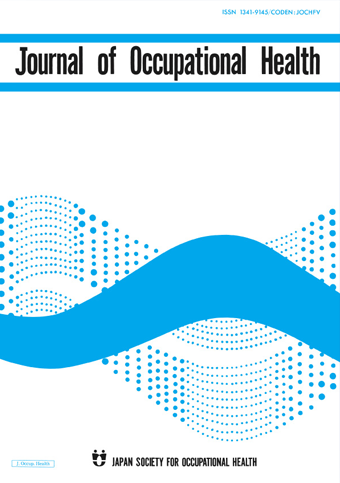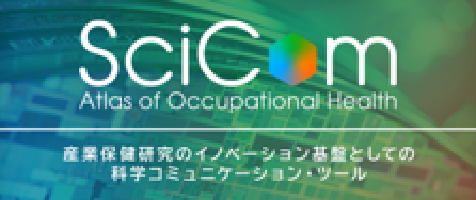Domestic migrant decontamination workers more prone to metabolic syndrome
The unfortunate Fukushima Daiichi Nuclear Power Plant disaster resulted in the dispersal of a large amount of radioactive waste in the surrounding areas. This gave impetus to huge numbers of workers who migrated to Fukushima to work in radiation decontamination companies. Studies show that domestic migrant workers have poor access to healthcare compared to non-migrant workers. In an attempt to put together healthcare plans for the migrant workers, it is necessary to understand the status of their health.
Previous studies have examined the status of metabolic syndrome with common features like central obesity, hypertension, and glucose intolerance in workers in different occupations, but no study has been conducted on the decontamination workers. Therefore, we conducted our study on workers of a decontamination company in the Iitate village of Fukushima Prefecture from February to June 2017. We performed health checkups of 91 workers to look at the status of metabolic syndrome by measuring body weight, central obesity, glucose, blood pressure, hemoglobin, and fat content in the body. We also took a survey on the migration status of the workers.
We found that 32 out 91 workers were domestic migrant workers who came to Fukushima from other Prefectures within Japan. From the health checkup data, we analyzed the prevalence of metabolic syndrome, central obesity, hypertension, glucose intolerance, and dyslipidemia (lipid imbalance) – 19.8%, 41.8%, 54.9%, 29.7%, and 34.1%, respectively. Moreover, the tendency of central obesity is 2.45 times more in migrant workers than non-migrants.
Our results show that there is no significant association between metabolic syndrome and migrant workers, however central obesity is more prevalent in migrant workers. Interestingly, central obesity is one of the contributing factors of metabolic syndrome. So, we can say that these workers might develop metabolic syndrome in the future if proper healthcare is not administered. Therefore, our study brings attention to the efforts needed to control the progression of central obesity in these domestic migrant workers. Given the precarious positions of these workers, providing proper healthcare should be a priority.
Link to the original journal article:
https://www.jstage.jst.go.jp/article/eohp/2/1/2_2020-0009-BR/_article
Metabolic syndrome and central obesity in domestic migrant radiation decontamination workers
Shota Endo, Takeyasu Kakamu, Yusuke Masuishi, Tomoo Hidaka, Tetsuhito Fukushima
Here are some ways you can make it easier for your plain-language summary to be discovered once it has been published:
- Upload the summary on your personal, lab/research group, or university website.
- Share the published content with peers and colleagues through your personal social media accounts (Facebook, Twitter, Blogs, and LinkedIn). Link this back to the journal’s social media promotions for your paper.
- Include the link to the published post in your email signature line.
News & Announcement
-
Mar 14, 2025EOH-P has been listed on PMC/PubMed!The articles published in EOH-P have been registered with PMC/PubMed, the U.S. Nation...
-
Jun 11, 2021Lay Summary page open!Lay Summary page provides you article summaries in order of study categories. You can...
-
Oct 1, 2019EOH-P is now released!The Environmental and Occupational Health Practice (EOH-P) has been released. Please ...
Journal Info
Average 46.14 days from submission to first decision
Average 120.95 days from submission to acceptance







